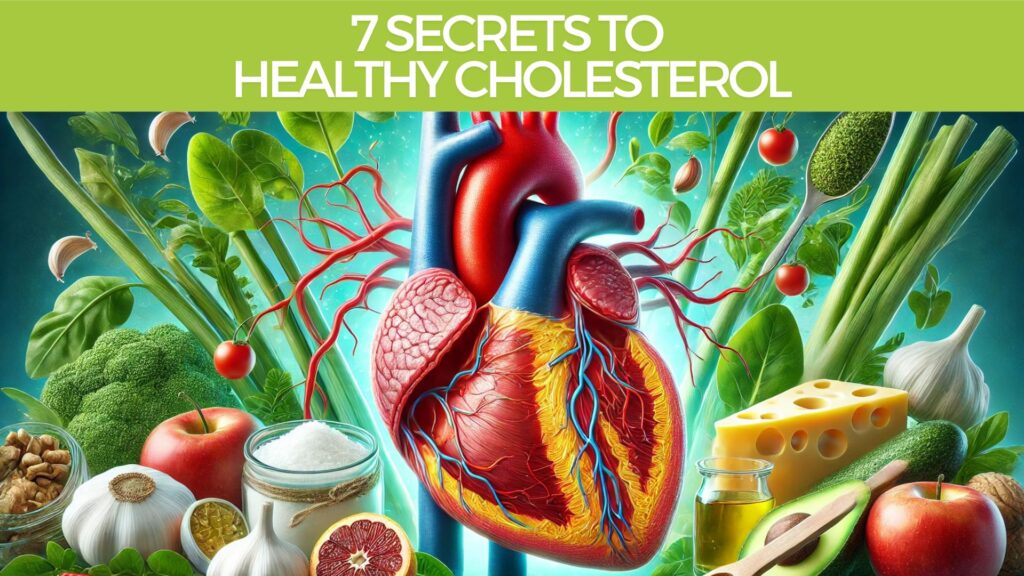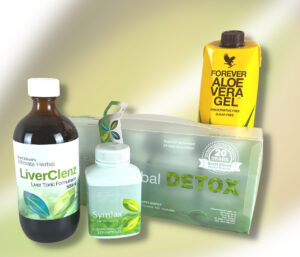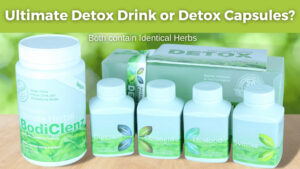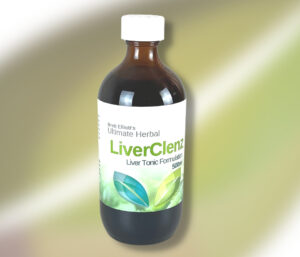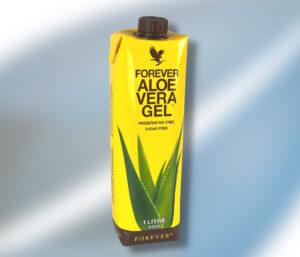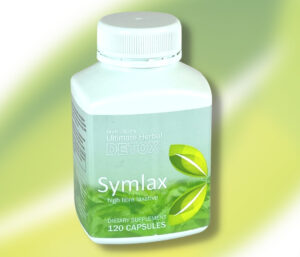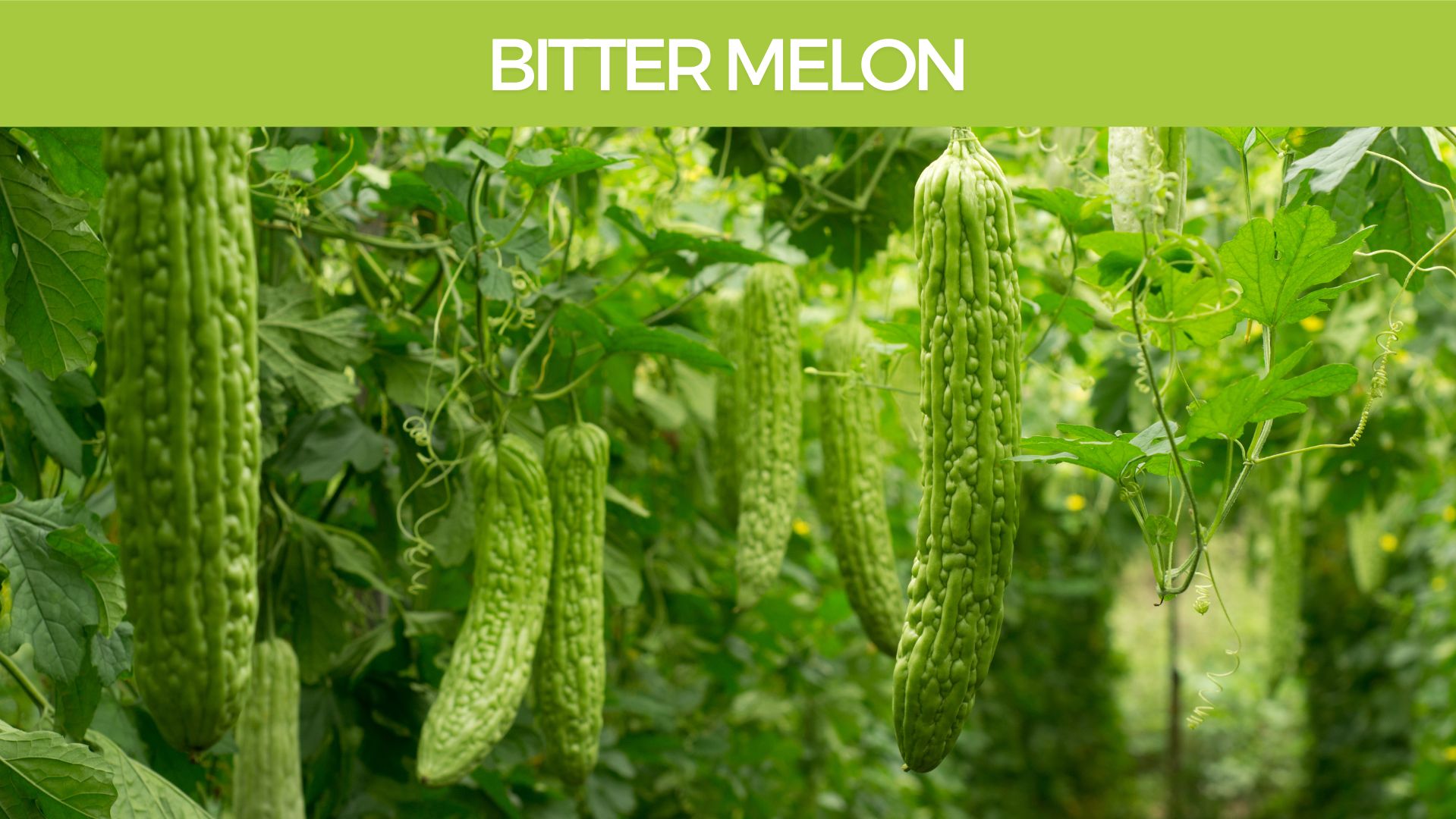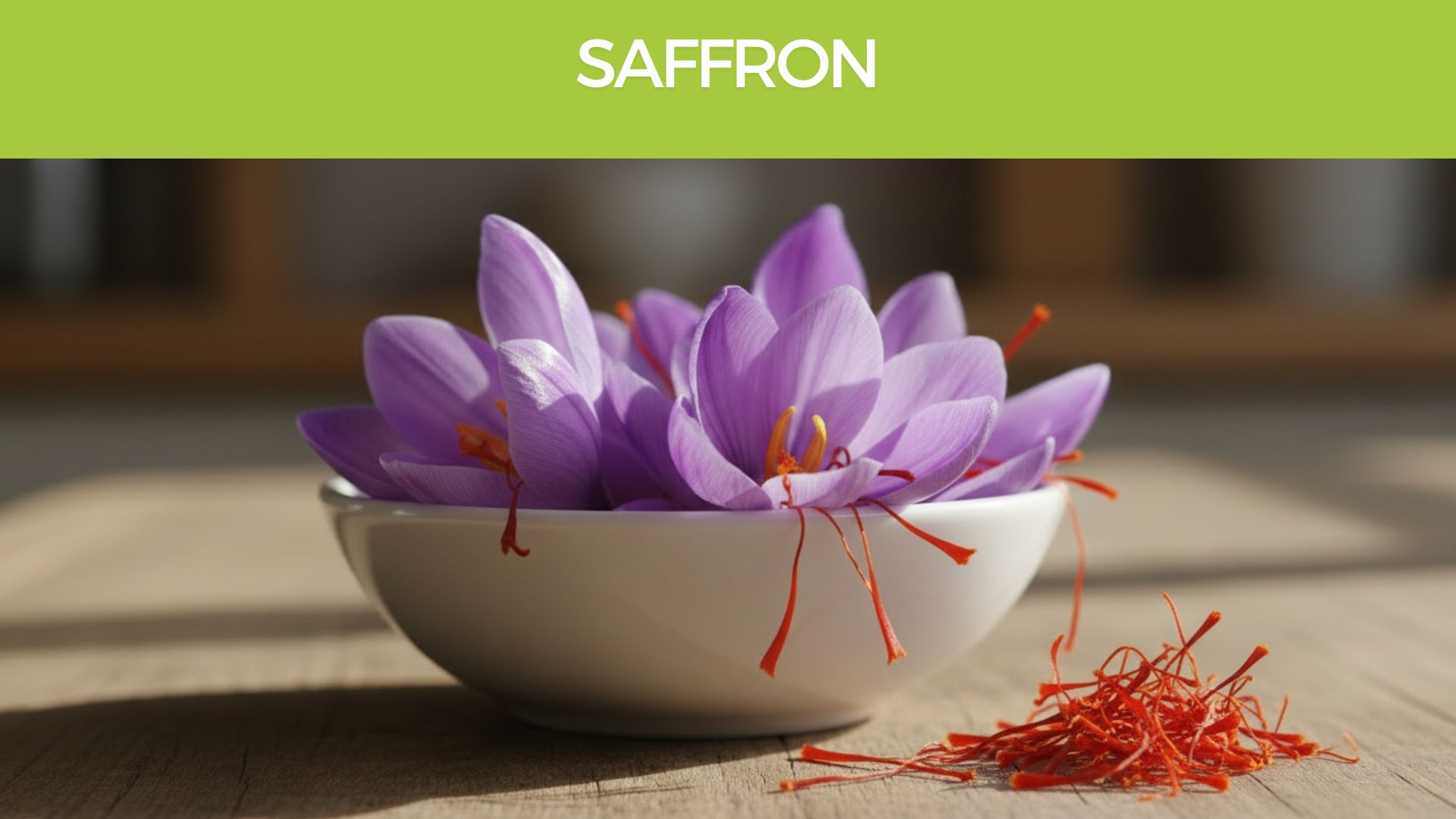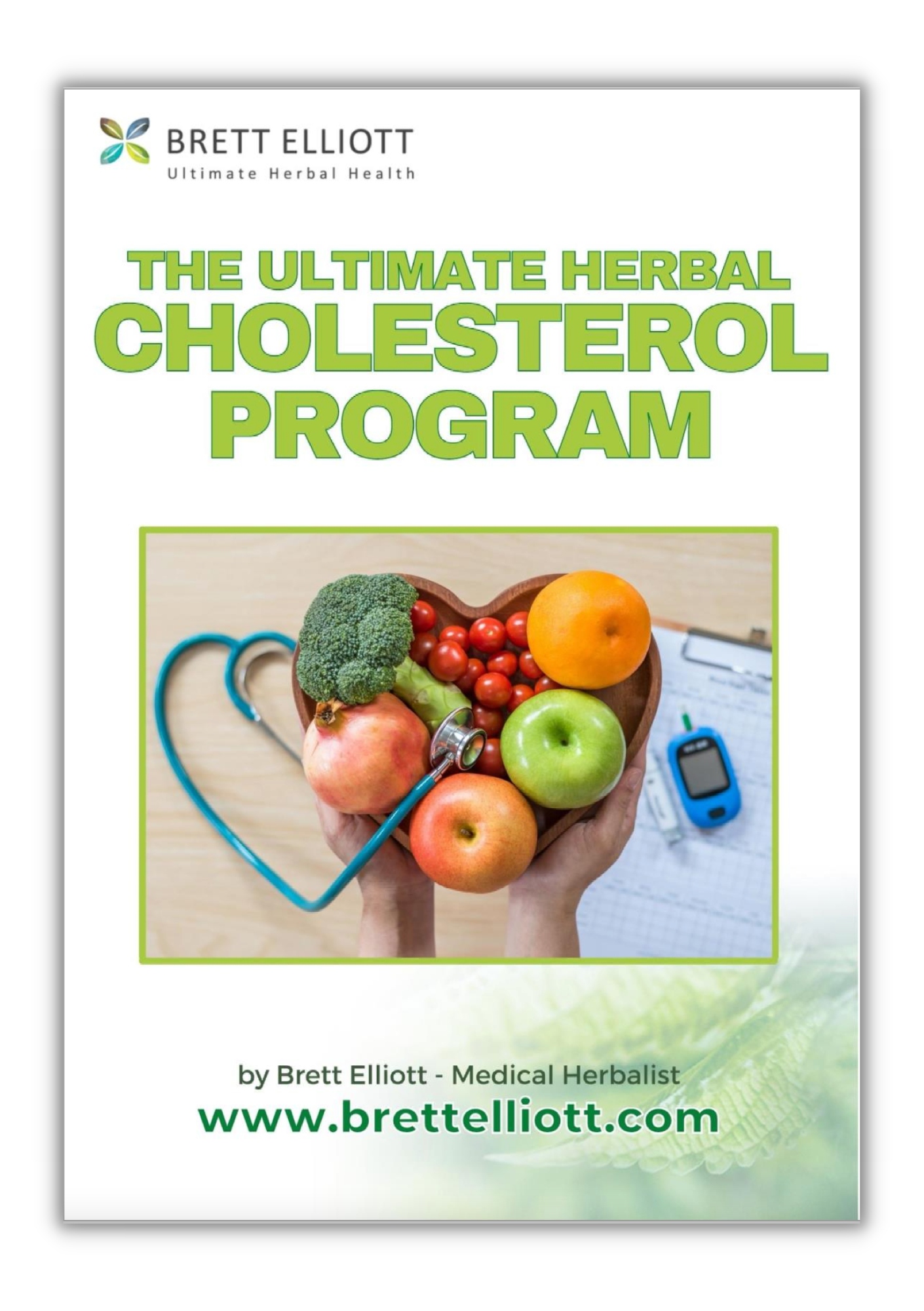- 7 months ago
- 19Minutes
- 3988Words
- 3361Views
Has your doctor advised you that you need to lower your Cholesterol levels?
High Cholesterol is extremely common in developed countries around the world.
It is part of a very common negative health picture called Metabolic Syndrome. High cholesterol can be prevented with a variety of factors, such as lifestyle, diet and medicinal herbs.
On this page we reveal the seven secrets for healthy cholesterol and more.
You can click the headings to skip to any of these topics.
(1) Global Health Observatory (GHO) data, Mean Cholesterol http://www.who.int/gho/ncd/risk_factors/cholesterol_mean_text/en/
(2) Lipid-lowering effect of Cinnamomum zeylanicum in hyperlipidaemic albino rabbits. PMID: 22186322 http://www.ncbi.nlm.nih.gov/pubmed/22186322
(3) Hypocholesterolemic effect of the oleoresin of Capsicum annum L. in gerbils (Meriones hurrianae Jerdon). PMID: 12164276 http://www.ncbi.nlm.nih.gov/pubmed/12164276
(4) Anti-diabetic and hypolipidaemic properties of ginger (Zingiber officinale) in streptozotocin-induced diabetic rats. PMID: 17010224 http://www.ncbi.nlm.nih.gov/pubmed/17010224
(5) Garlic powder intake and cardiovascular risk factors: a meta-analysis of randomized controlled clinical trials. PMID: 25489404 http://www.ncbi.nlm.nih.gov/pubmed/25489404
(6) Lipid-modifying effects of adjunctive therapy with curcuminoids-piperine combination in patients with metabolic syndrome: results of a randomized controlled trial. PMID: 25440375 http://www.ncbi.nlm.nih.gov/pubmed/25440375
(7) [Margarine’s trans-fatty acid composition: modifications during the last decades and new trends]. PMID: 16640201 http://www.ncbi.nlm.nih.gov/pubmed/16640201
(8) Cholesterol-lowering efficacy of plant sterols/stanols provided in capsule and tablet formats: results of a systematic review and meta-analysis. PMID: 24144075 http://www.ncbi.nlm.nih.gov/pubmed/24144075
(9) Lowering Your Cholesterol With TLC https://www.nhlbi.nih.gov/files/docs/public/heart/chol_tlc.pdf
(10) 11 foods that lower cholesterol. http://www.health.harvard.edu/heart-health/11-foods-that-lower-cholesterol
(11) Cholesterol Lowering Drugs. PUBMED https://www.ncbi.nlm.nih.gov/pubmed/27809434
(12) Long-term curcumin administration protects against atherosclerosis via hepatic regulation of lipoprotein cholesterol metabolism. PUBMED https://www.ncbi.nlm.nih.gov/pubmed/22058071
(13) Effect of ether- and water-soluble fractions of Carica papaya ethanol extract in experimentally induced hyperlipidemia in rats. PUBMED https://www.ncbi.nlm.nih.gov/pubmed/22077166
(14) Cholesterol reduction using psyllium husks – do gastrointestinal adverse effects limit compliance? Results of a specific observational study. PUBMED http://www.ncbi.nlm.nih.gov/pubmed/18222665
(15) Silymarin inhibits the development of diet-induced hypercholesterolemia in rats. PUBMED https://www.ncbi.nlm.nih.gov/pubmed/9525106
(16) The Effect of Artichoke Leaf Extracts on Alanine Aminotransferase and Aspartate Aminotransferase in the Patients with Nonalcoholic Steatohepatitis. PUBMED https://www.ncbi.nlm.nih.gov/pmc/articles/PMC4879230/
(17) Hypocholesterolemic effect of emodin by simultaneous determination of in vitro and in vivo bile salts binding. PUBMED https://www.ncbi.nlm.nih.gov/pubmed/26964768
(18) Hypolipidemic and antioxidant effects of dandelion (Taraxacum officinale) root and leaf on cholesterol-fed rabbits. PubMed http://www.ncbi.nlm.nih.gov/pubmed/20162002
(19) Aloe vera: a systematic review of its clinical effectiveness. PUBMED http://www.ncbi.nlm.nih.gov/pmc/articles/PMC1313538/pdf/10885091.pdf
(20) Dietary olive oil reduces low-density lipoprotein uptake by macrophages and decreases the susceptibility of the lipoprotein to undergo lipid peroxidation. PUBMED https://www.ncbi.nlm.nih.gov/pubmed/8517637
(21) The effects of cinnamon supplementation on blood lipid concentrations: A systematic review and meta-analysis. PUBMED https://www.ncbi.nlm.nih.gov/pubmed/28887086
(22) Effects of apple cider vinegar produced with different techniques on blood lipids in high-cholesterol-fed rats. PUBMED https://www.ncbi.nlm.nih.gov/pubmed/21561165
(23) Too much of a good thing? Very high levels of “good” cholesterol may be harmful. https://www.escardio.org/The-ESC/Press-Office/Press-releases/Too-much-of-a-good-thing-Very-high-levels-of-good-cholesterol-may-be-harmful
(24) A study identifies Liver gene that regulates cholesterol and fat blood levels. https://www.sciencedaily.com/releases/2013/02/130207131407.htm
(25) The endoplasmic reticulum is the site of cholesterol-induced cytotoxicity in macrophages. PUBMED https://www.ncbi.nlm.nih.gov/pubmed/12907943
(26) High K diets markedly reduce atherosclerotic cholesterol ester deposition in aortas of rats with hypercholesterolemia and hypertension. PUBMED https://www.ncbi.nlm.nih.gov/pubmed/2306340
(27) Successful management of uric acid nephrolithiasis with potassium citrate. PUBMED https://www.ncbi.nlm.nih.gov/pubmed/3784284
(28) Statins and risk of incident diabetes: a collaborative meta-analysis of randomised statin trials. The Lancet. https://www.thelancet.com/journals/lancet/article/PIIS0140-6736(09)61965-6/abstract
Negative Health Effects Of High Cholesterol
High cholesterol can cause serious negative health effects including:
- It can lead to a narrowing of the arteries due to fatty plaque deposits, a condition known as atherosclerosis.
- Excess cellular cholesterol triggers apoptosis in macrophages, which may accelerate the development of atherosclerosis (25).
- These plaques can increase your risk of a heart attack and/or stroke.
- It is important to have regular cholesterol checks to monitor your levels.
- In some cases, cholesterol-lowering supplements may be necessary.
- The World Health Organization (WHO) reports the highest prevalence of elevated total cholesterol in:
- Europe: 54% (both sexes)
- Americas: 48% (both sexes)
- Africa: 22.6%
- Southeast Asia: 29.0% (1)
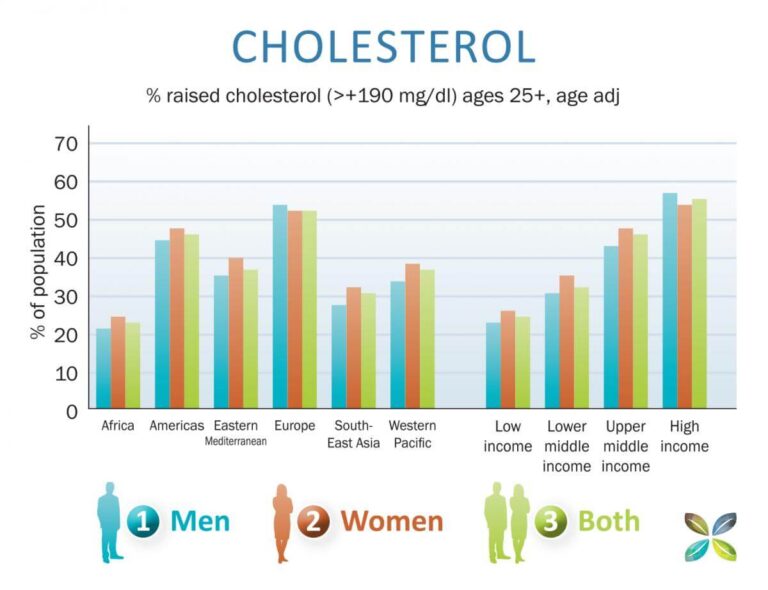
The Good and the Bad Cholesterol
- There are two main types of cholesterol:
- High-density lipoprotein (HDL) – also called good cholesterol
- Low-density lipoprotein (LDL) – sometimes called bad cholesterol
- HDL travels from your cells to your liver where it is processed and removed from the body.
- LDL, when in excess, travels from the liver into your arteries, where it can build up and cause clogged arteries and heart disease.
- When the ratio of HDL to total cholesterol is too low (meaning not enough HDL and too much LDL), bad cholesterol gets stored and circulated instead of being removed.
- To calculate your cholesterol ratio, divide your HDL number into your total cholesterol number. An optimal ratio is less than 3.5.
- A study showed that both very low and very high HDL levels can be harmful (23).
- Participants with HDL levels between 41–60 mg/dL had the lowest risk of heart attack or cardiovascular death.
- Less than 41 mg/dL or greater than 60 mg/dL = higher risk of adverse cardiovascular events (23)
- People with HDL levels over 60 mg/dL were almost 50% more likely to have a heart attack or die from cardiovascular disease than those in the 41–60 mg/dL range
- Cholesterol science is evolving—new insights are emerging regularly, making this an ongoing field of research.
How to Lower Your Cholesterol Ratio
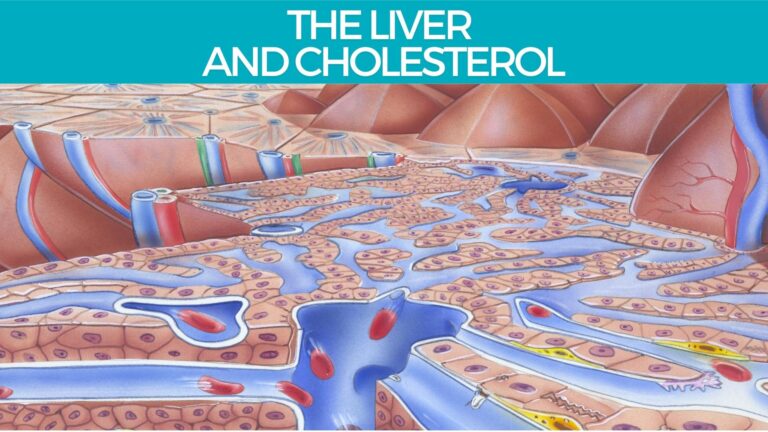
Conventional Drugs And Liver Function
- Statins – The Most Common Option
- Statins help lower your “bad” LDL cholesterol by slowing down an enzyme in your liver that makes cholesterol (11).
- This forces your liver to pull more cholesterol from your blood, helping clear it from your system.
- Side effects include:
- Muscle pain or weakness
- Higher risk of developing type 2 diabetes
- Interactions with other medications
- Think of statins as a “shut-off valve” for your liver’s cholesterol production—this also means your liver can’t send cholesterol where it’s genuinely needed.
- A 2010 meta-analysis in The Lance showed that Statins can cause asymptomatic elevations in liver enzymes (ALT and AST) and an increased risk of developing Diabetes, which are both markers of liver stress or damage. (28)
- Bile Acid Sequestrants – A Less Common Alternative
- These medications stop your body from reabsorbing bile acids in your gut (11).
- Since bile acids are made from cholesterol, your liver uses more cholesterol to make new bile—lowering LDL cholesterol by 10–30%.
- Side effects include:
- Constipation and other digestive issues
- Raised triglyceride levels
- Reduced absorption of other medications
- Why Your Liver Matters So Much
- Your liver is central to managing cholesterol—it produces, processes, and removes it from the body.
- When overloaded or sluggish, your liver can’t keep up—cholesterol levels rise.
- That’s why many natural practitioners recommend a liver cleanse as a foundation for better cholesterol balance.
- A Deeper Layer of Science
- Research from Dr. Carlos Fernández-Hernando at NYU shows that your liver uses microRNAs to regulate fat and cholesterol metabolism.
- One key microRNA, called miR-27b, helps manage how your liver handles fats and cholesterol (24).
- When this genetic pathway functions properly, it can naturally support healthy lipid metabolism.
What causes high Cholesterol?
- Cholesterol is a type of fat found in both certain foods (like meat, dairy, and eggs) and produced naturally by your liver.
- You actually need cholesterol to survive—it’s used to make:
- Hormones such as estrogen and testosterone
- Vitamin D and other vital biological compounds
- The issue isn’t cholesterol itself, but when it becomes deposited in your arteries, which can increase blood pressure and raise your risk of a heart attack.
- Just switching to low-fat foods isn’t always a healthy solution—
- Many low-fat products are loaded with refined sugar, which can contribute to other problems like pre-diabetes.
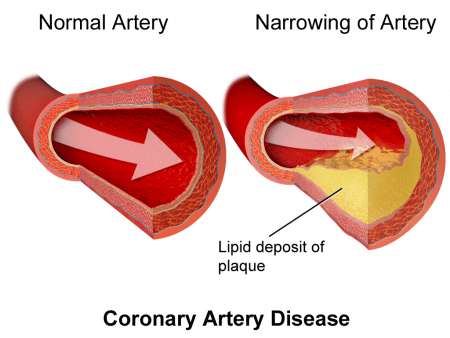
The Acid Link
- Cholesterol is sometimes deposited in the arteries as a defense mechanism against damage to the blood vessel walls.
- This deposition acts to protect the vessels from rupturing due to lesions or structural weakness.
- Animal studies show that a high-potassium diet helps protect the inner lining of the arteries—called endothelial cells.
- This protective effect reduces cholesterol buildup and may help prevent atherosclerotic complications like heart attacks (26).
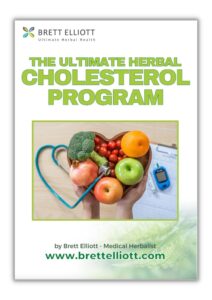
The Ultimate Cholesterol Program Free eBook
Find out the completely natural protocol for maintaining healthy cholesterol levels. Discover the power of simple foods and herbs.
Brett Elliott (Author of “Cleansed & Cured” & Medical Herbalist for 20 years) has created one of the world’s best Cholesterol programs that you can do at home.
From this Free eBook, you’ll also learn about:
- What the program is designed to achieve
- How to get started
- What to expect
- A Cholesterol-lowering diet plan
Here are six other natural ways to lower Cholesterol
People who have cardiovascular health risks such as high cholesterol or high blood pressure, need to make lifelong dietary and lifestyle modifications to improve their health.
Diet and lifestyle changes must form the foundation of any Cholesterol-lowering plan. Incorporating the following simple modifications into your diet and lifestyle will help you to successfully treat high Cholesterol for life.
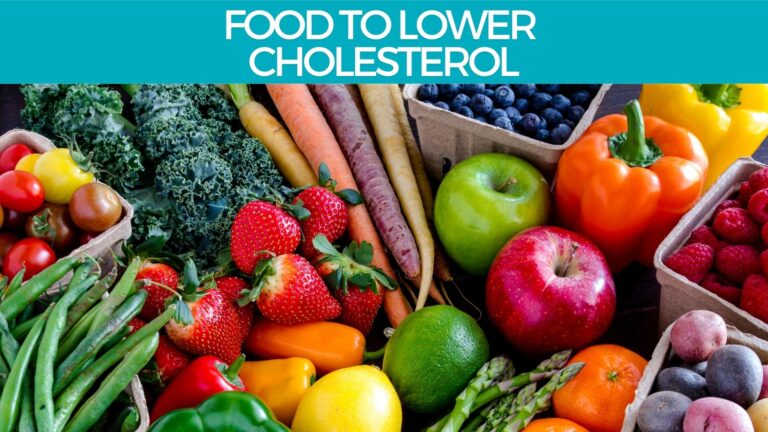
Follow a Cholesterol-lowering food plan
One of the ways how to reduce Cholesterol without medication is to follow a Cholesterol-lowering diet. How to lower Cholesterol with dieting and/or supplements can be fairly simple. See some ideas below.
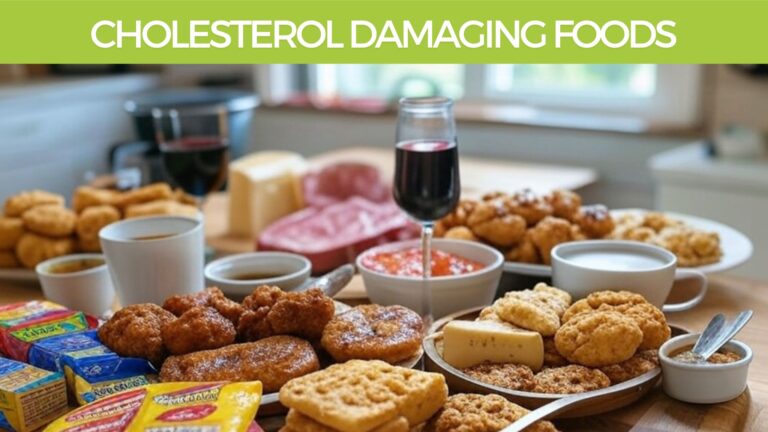
Food to avoid with High Cholesterol
- Limit Acid-Forming Foods: Reduce intake of:
- Sugar
- Coffee
- Red meats
- Processed carbohydrates
- Alcohol
- Dairy products like ice cream and cheese
These can all negatively impact cholesterol by increasing LDL levels.
- Increase Soluble Fiber Intake: Aim for 5–10 grams per day. Psyllium husk is an excellent source and is a well-researched supplement for lowering cholesterol.
- Avoid Processed fats
- Margarine
- Products with canola oil
- Frying oils
- Stick margarine
- Baked goods like crackers, cookies, doughnuts, and bread
- Foods fried in hydrogenated oils
- Avoid Trans-Fatty Acids: These are found in: (7,9) Even when consuming unsaturated fats, stay mindful of avoiding trans fats.
- Lower Saturated Fat Consumption: Cut back on:
- Deep-fried meats
- BBQ red meats
- Processed meats (e.g., sausages)
- Full-fat dairy products
Remember: this isn’t about going entirely “low fat” — healthy fats are beneficial.
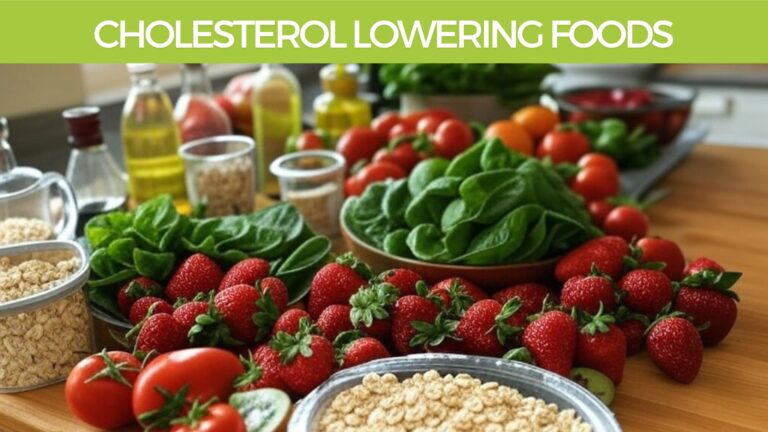
Foods that Lower Cholesterol
Here is a list of the best foods to help lower cholesterol with a few links to research if you would like to dig deeper.
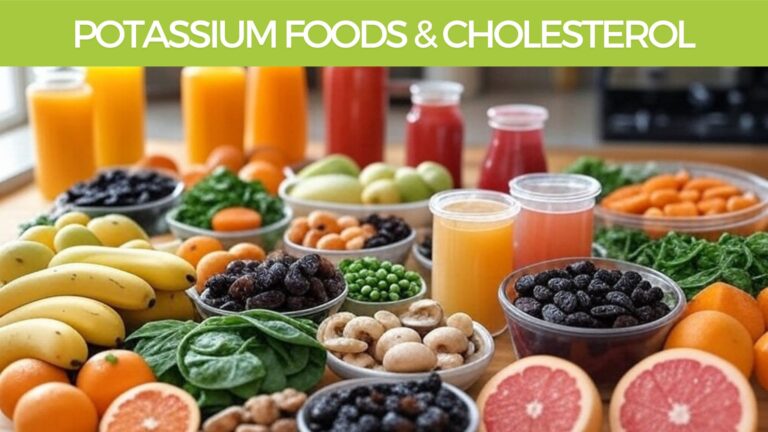
Potassium Rich Foods For Cholesterol
High-potassium foods will help reduce Cholesterol deposits by protecting the blood vessel walls by reducing uric acid levels (27)
Potassium citrate is obtained at high levels by eating fresh fruits and vegetables. This means you can reduce your acid load and blood vessel damage by eating fresh fruit and vegetables, thus lowering Cholesterol deposition in your arteries.
Many fresh fruits and vegetables are rich in potassium such as bananas, oranges, cantaloupe, honeydew, apricots, and grapefruit (some dried fruits, such as prunes, raisins, and dates, are also high in potassium), cooked spinach, cooked broccoli, sweet potatoes, mushrooms, peas, cucumbers, zucchini, eggplant, pumpkins, other leafy greens, orange juice, tomato juice, prune juice, apricot juice, grapefruit juice.
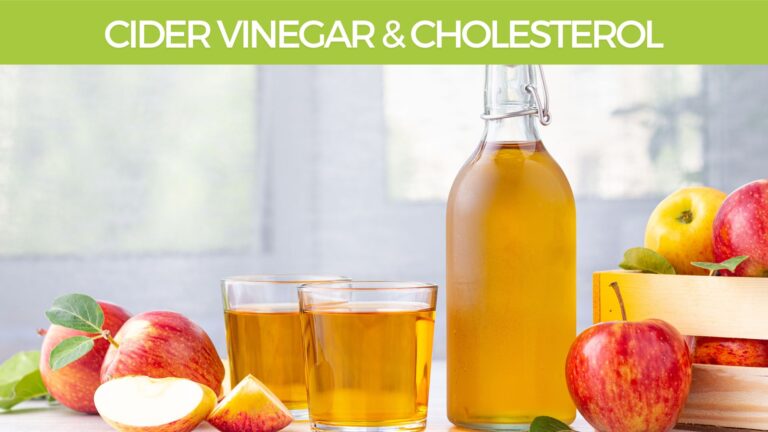
Cider Vinegar For Cholesterol
Apple cider vinegar, regardless of the production method, decreased triglyceride and VLDL levels in all groups when compared to animals on high-Cholesterol diets without vinegar supplementation. (22)
I suggest a shot of apple cider vinegar in your drinking water daily.
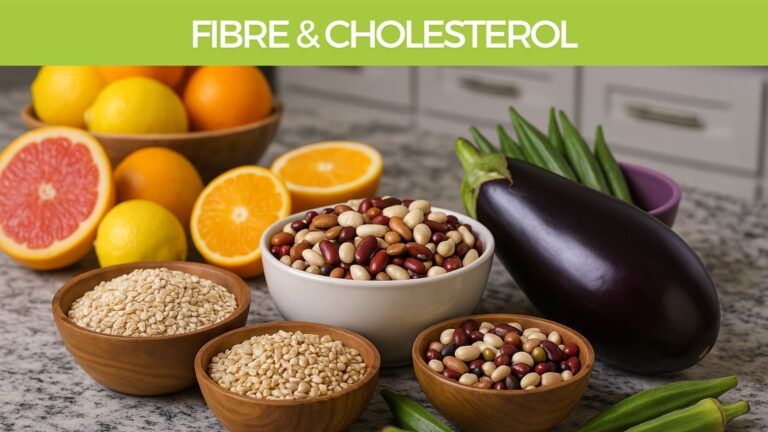
Fibre For Cholesterol
- Oats – A simple first step to improve cholesterol is having a bowl of oatmeal or oat-based cereal (like Cheerios) for breakfast. Provides 1 to 2 grams of soluble fiber.
- Apples, grapes, strawberries, citrus fruits – These are rich in pectin, a type of soluble fiber that helps lower LDL cholesterol.
- Barley and other whole grains – Like oats and oat bran, these grains help reduce heart disease risk thanks to their soluble fiber content.
- Beans – Especially high in soluble fiber and slow to digest, which keeps you full longer and aids weight loss. Options include:
- Navy beans
- Kidney beans
- Lentils
- Garbanzos (chickpeas)
- Black-eyed peas
- And many more
- Adding strawberries gives an extra half-gram of fiber.
- Recommended daily fiber intake: 20–35 grams, with at least 5–10 grams from soluble fiber.
Most people only get about half that amount. - Eggplant and okra – These low-calorie vegetables are excellent sources of soluble fiber.
- Fiber supplements – Although less appealing than food sources, they’re effective. Two teaspoons of psyllium or bulk-forming blends like Symlax provide about 4 grams of soluble fiber (10).
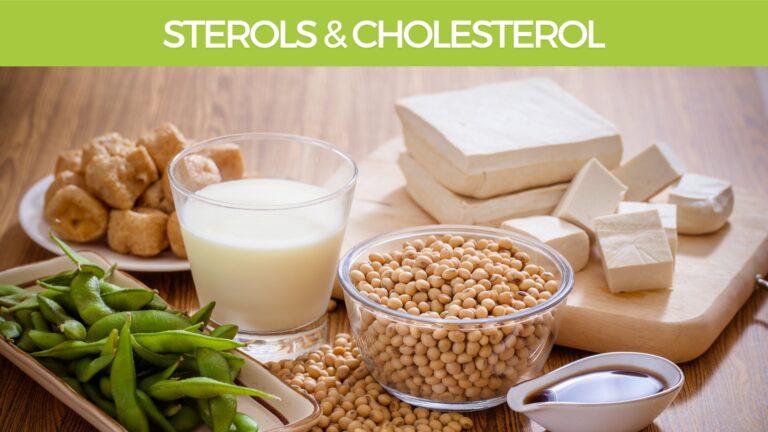
Plant Sterols For Cholesterol
- Foods fortified with sterols and stanols – These plant-based compounds block the body’s absorption of cholesterol from food.
- Manufacturers now add them to:
- Margarine
- Snack bars
- Orange juice
- Chocolate
They’re also available as standalone supplements.
- 2 grams per day of plant sterols or stanols can lower LDL cholesterol by about 10%.
- Plant sterols – Try to add 2 grams per day. Foods like corn and soy products are good sources (8).
- Soy – While once thought to be a powerful cholesterol-lowering food, its effect is now considered more modest. Consuming 25 grams of soy protein per day (about 10 oz tofu or 2.5 cups soy milk) may reduce LDL cholesterol by 5–6%.
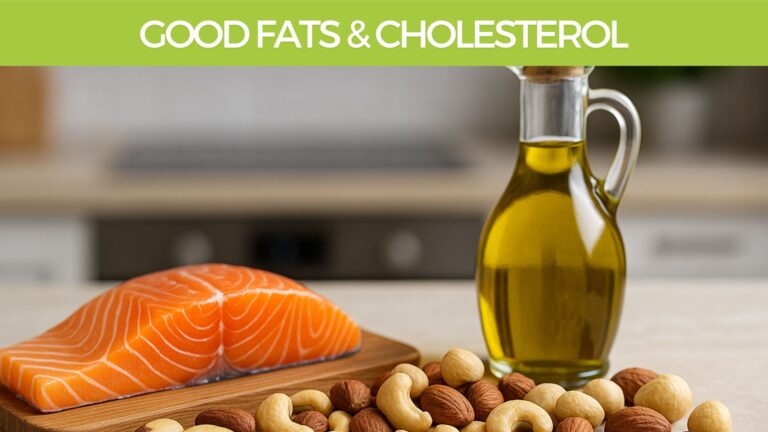
Good Fats For Cholesterol
- Nuts – Research shows that eating almonds, walnuts, peanuts, and other nuts is beneficial for heart health.
- 2 ounces of nuts per day may lower LDL cholesterol by around 5%.
- Nuts also contain additional nutrients that help protect the heart.
- Vegetable oils – Replace saturated fats like butter, lard, or shortening with:
- Olive oil
- Hemp oil
- Avocado oil
- Coconut oil
This simple switch can help lower LDL cholesterol.
- Fatty fish – Eating fish 2–3 times per week reduces LDL in two ways:
- Replaces red meat (a source of LDL-boosting saturated fats)
- Provides omega-3 fats that lower triglycerides and help prevent abnormal heart rhythms
- Olive Oil – Helps reduce oxidation of LDL and cholesterol build-up in macrophages.
After 1–2 weeks on an olive oil-rich diet, LDL uptake by cells was reduced by 50% and 61%, respectively (20).
- Detox Diet Foods – The following foods are part of the Ultimate Herbal Detox and have been shown to support cholesterol reduction:
- Cucumber
- Beetroot
- Blueberry
- Celery
- Chia seeds
- Pineapple
- Avocado
- Tomato
- Mediterranean Diet – Proven to help lower and manage cholesterol levels. This approach emphasizes:
- Fresh fish
- Whole grains
- Fresh fruits and vegetables
- Olive oil
- Garlic
Explore recipes featuring these natural cholesterol-lowering foods.
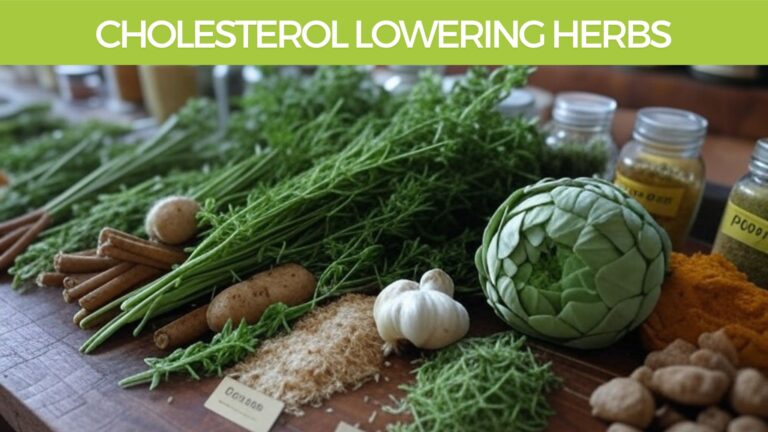
Herbs that lower Cholesterol
Herbal medicines have been used for maintaining health for thousands of years, and science is constantly revealing how these amazing plants exert their healing effect, with over 5,000 scientific studies per year being published. Some of the best herbs for lowering cholesterol are listed below, with links to some research.
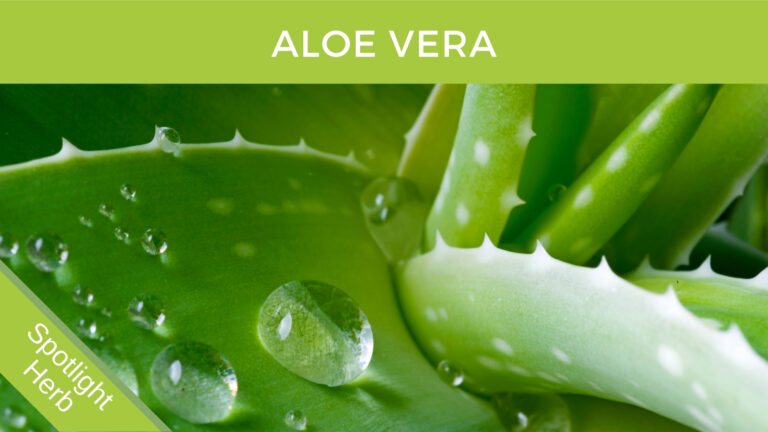
- Aloe Vera – Studies suggest that oral administration of Aloe Vera may be a useful adjunct for:
- Lowering blood glucose in diabetic patients
- Reducing blood lipid levels in patients with hyperlipidaemia (19)
This cooling, mucilaginous herb not only soothes the gut but also helps support overall metabolic balance.
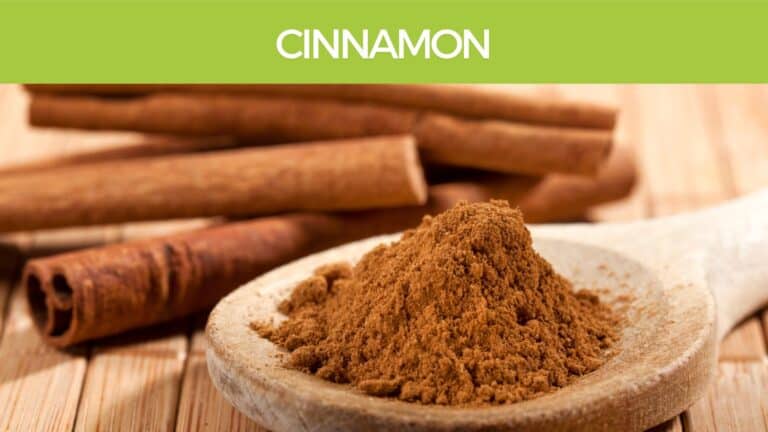
-
Cinnamon – Clinical studies confirm cinnamon’s lipid-lowering properties:
- Reduces blood triglycerides and total cholesterol significantly
- No significant changes in LDL-C or HDL-C were observed (2, 21)
- Findings were based on 13 randomized controlled trials involving 750 participants
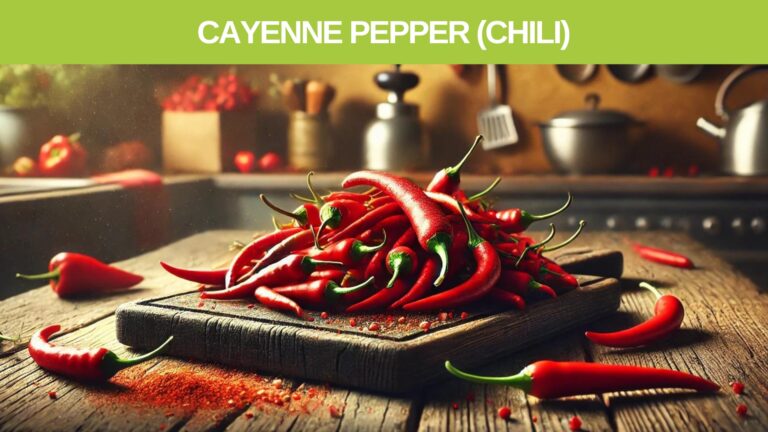
- Cayenne – Studies have shown that cayenne can significantly increase the fecal excretion of cholesterol and triglycerides, helping to remove excess fats from the body (3).
This fiery spice not only stimulates digestion and circulation but also supports the natural elimination of lipids through the bowels.
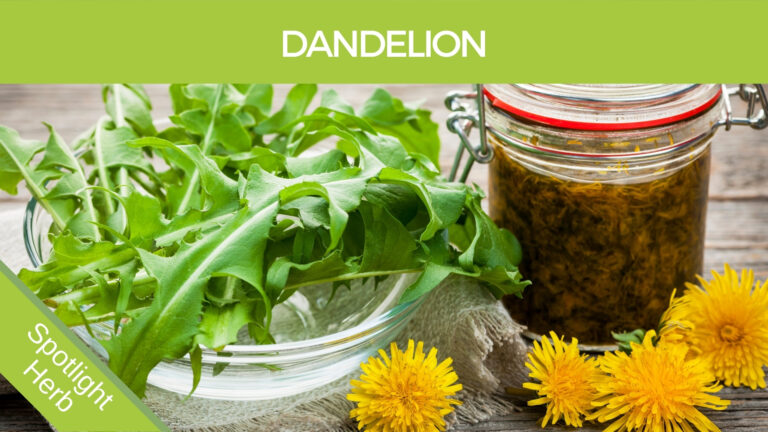
- Dandelion – Research shows that treatment with dandelion root and leaf can improve antioxidant enzyme activity and lipid profiles in cholesterol-fed rabbits, suggesting hypolipidemic and antioxidant effects (18).
Traditionally used as a gentle detoxifier, dandelion supports both the liver and kidneys, helping clear excess fats and toxins from the body.
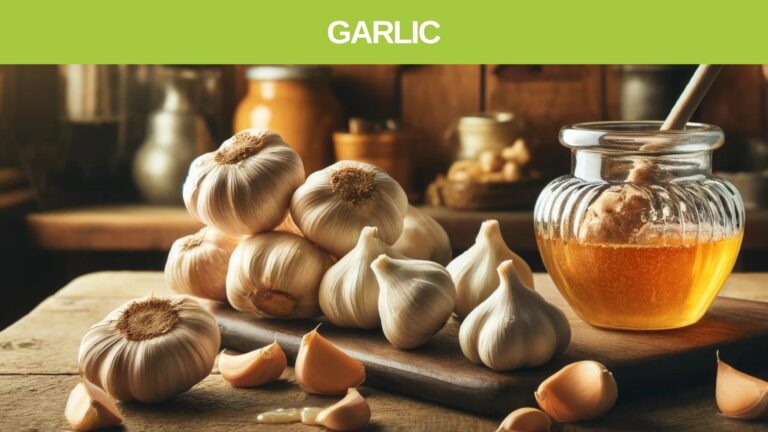
- Garlic – There is consistent evidence that garlic intake reduces cardiovascular disease risk factors, including lowering LDL cholesterol (5).
Garlic’s natural sulfur compounds, like allicin, not only support heart health but also enhance immune defense and reduce systemic inflammation.
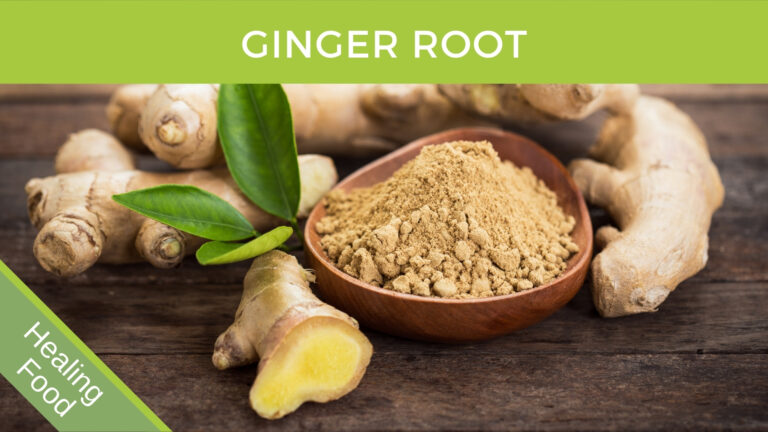
- Ginger – Research has shown that ginger has both anti-diabetic and hypolipidaemic (cholesterol-lowering) properties (4).
This warming root is a powerful circulatory tonic that helps regulate blood sugar and reduce lipid accumulation, making it ideal for metabolic health support.
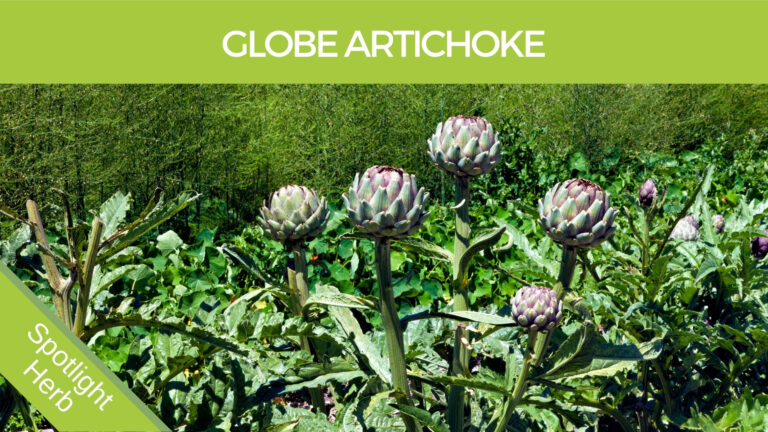
- Globe Artichoke – Clinical and basic research shows that extract of globe artichoke leaf (Cynara scolymus) has hepatoprotective (liver-protecting) and cholesterol-reducing properties (16).
Traditionally used to stimulate bile flow, artichoke enhances liver detoxification and helps the body break down and eliminate excess fats more efficiently.
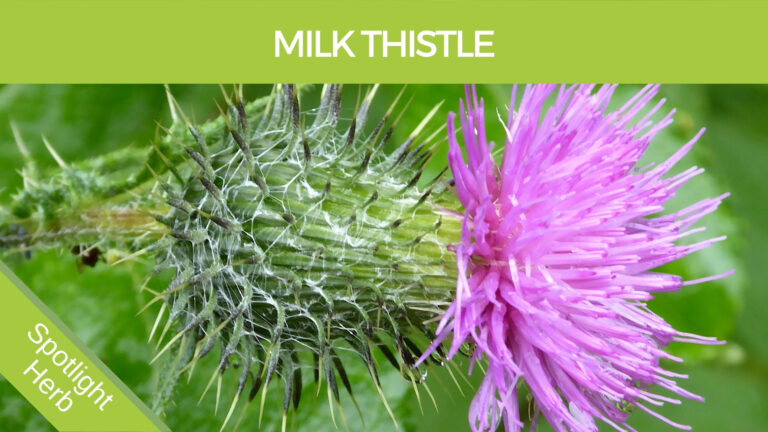
- Milk Thistle – An animal study found that silymarin, the active compound in milk thistle, worked as effectively as the cholesterol-lowering drug probucol, with the added benefit of greatly increasing HDL (“good”) cholesterol (15).
Renowned for its liver-regenerating properties, milk thistle enhances the body’s detox pathways and supports healthy lipid metabolism at its source—the liver.
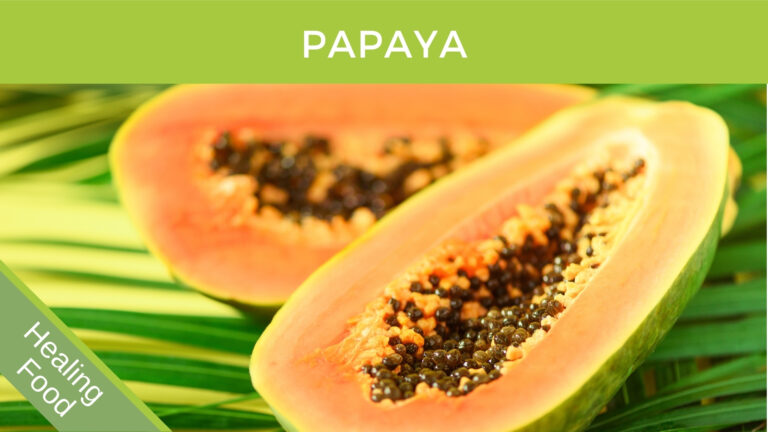
- Papaya – A study showed that papaya dose-dependently reduced total cholesterol (TC), triglycerides (TG), and LDL levels, while significantly increasing HDL (“good”) cholesterol (13).
This tropical fruit is not only rich in antioxidants and digestive enzymes, but also supports cardiovascular health by naturally balancing blood lipids.
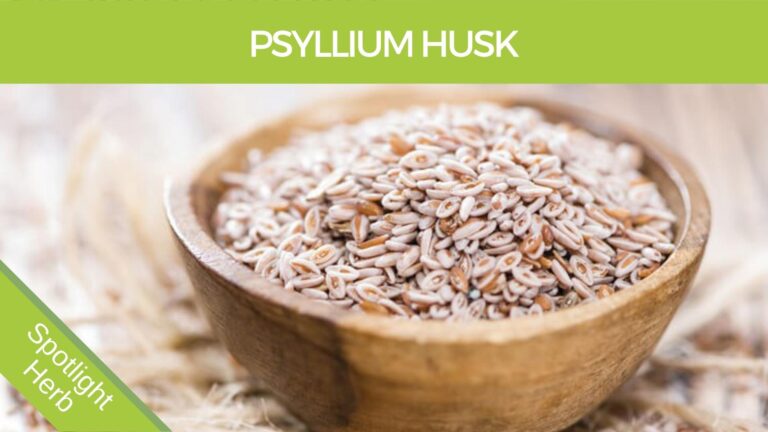
- Psyllium – Clinical findings show that total cholesterol was significantly reduced from 252±39 mg/dL to 239±37 mg/dL after just 3 weeks of psyllium treatment (14).
As a powerful source of soluble fiber, psyllium forms a gel in the gut that binds cholesterol and supports its elimination, making it a key natural tool for lipid regulation.

- Turkish Rhubarb – Research suggests that emodin, a compound found in Turkish Rhubarb, may help treat hypercholesterolemia (high cholesterol) (17).
Its cholesterol-lowering effects appear to be linked to its ability to bind bile acids and enhance the expression of enzymes that help break down cholesterol.
This ancient bitter herb is traditionally known for cleansing the bowel and liver, helping to move toxins and fats out of the system efficiently.
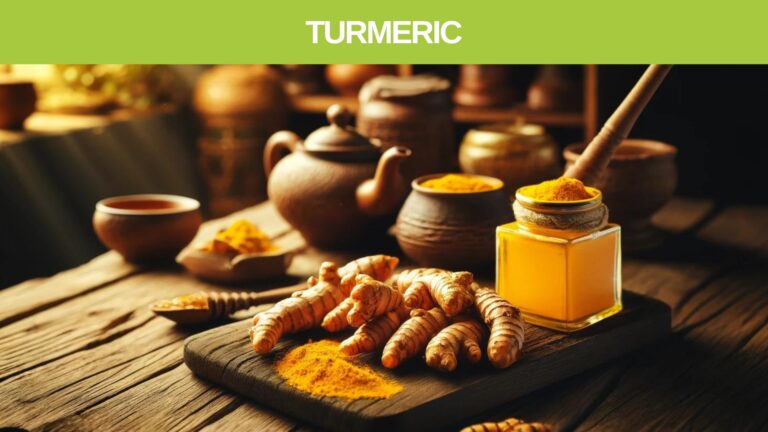
- Turmeric (Curcumin) and Black Pepper – This synergistic combination has proven to be an effective adjunct therapy for individuals with Metabolic Syndrome, helping to lower blood cholesterol levels (6, 12).
Curcumin reduces inflammation and supports liver function, while black pepper enhances its absorption by up to 2,000%, amplifying the cholesterol-lowering and detoxifying benefits.
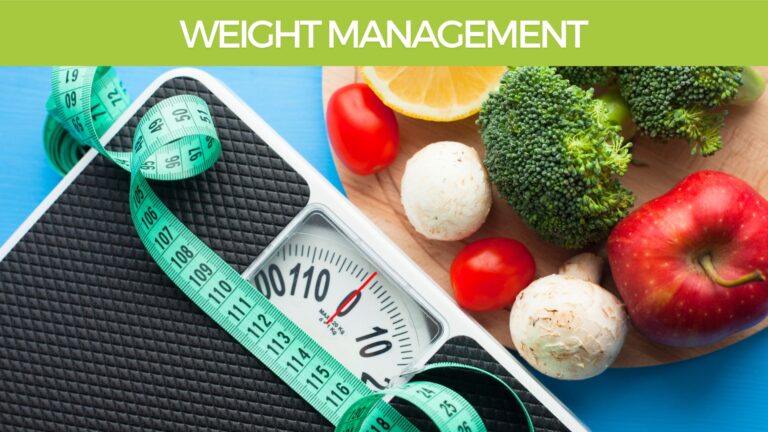
Lose weight
- A BMI of 30 or higher is strongly associated with a 2 to 3 times higher risk of elevated LDL (“bad”) cholesterol and low HDL (“good”) cholesterol.
- If you are overweight, losing weight is a key strategy for improving cholesterol levels.
Programs like the Ultimate Herbal Detox and Herbal Slim can help support natural weight loss and metabolic reset.
- You don’t need dramatic weight loss to see benefits — even shedding just 5–10% of your body weight can bring significant improvements in cholesterol markers.
This modest shift can rebalance hormones, ease liver burden, and initiate lasting metabolic change.
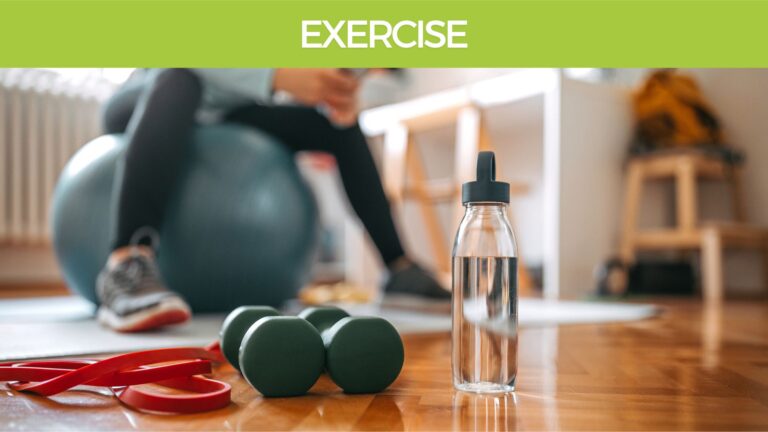
Get moving
- Daily physical activity is essential for:
- Improving cardiovascular health
- Managing weight
- Supporting overall vitality and longevity
- If you’re new to exercise, start gently with a daily walk and gradually explore a movement practice you enjoy, whether it’s yoga, swimming, or dancing.
Movement not only strengthens the body—it also lifts the spirit, enhances circulation, and activates natural detox pathways that support heart health.

Make some key lifestyle changes
- Managing stress and quitting smoking are both critical for protecting your heart and lowering cholesterol levels.
- These factors can:
- Severely increase your risk of cardiovascular disease
- Contribute to inflammation and oxidative stress
- Disrupt healthy lipid metabolism and liver function
- Incorporating practices like mindfulness, breathwork, and relaxation can help calm the nervous system and reduce internal strain.
Quitting smoking allows your body to begin healing immediately, improving circulation and restoring oxygen balance—both vital for long-term heart health.
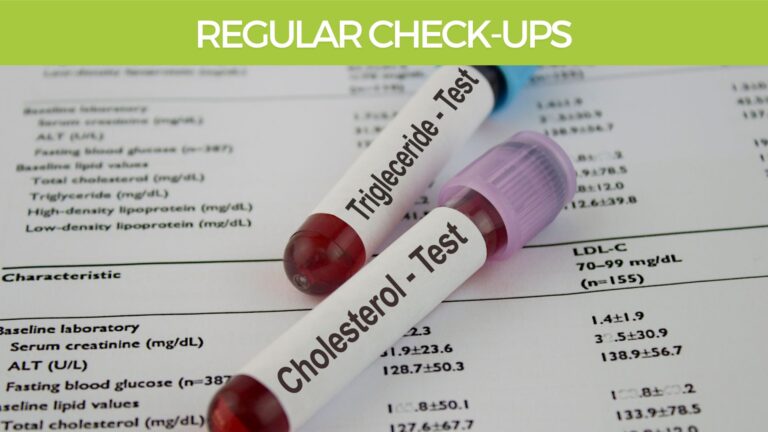
Have a regular Cholesterol test
- Regular cholesterol testing is a powerful tool for monitoring your progress and staying on track with your health goals.
- Testing helps you:
- Evaluate the effectiveness of your treatment or lifestyle changes
- Stay motivated and inspired to maintain a heart-healthy lifestyle
- You can get your cholesterol tested through your doctor or natural healthcare practitioner.
These regular check-ins act like a compass, guiding your journey toward balanced health and helping prevent silent cardiovascular risks.
The Ultimate Cholesterol Program
- High cholesterol is closely linked to several internal imbalances:
- Liver function
- High-calorie diet
- Blood sugar levels
- Metabolic acidity
- Chronic inflammation
Because of this, a full inner-body cleanse is highly recommended.
- The most comprehensive option we offer is the Ultimate LiverClenz Combo, which includes our most effective cholesterol-lowering herbal supplements.
While each part of the program can help on its own, using them together provides maximum synergy and can significantly lower cholesterol within 30 days.
- These herbs work by cleansing the digestive tract, which indirectly supports liver health and reduces the toxic load that contributes to high cholesterol.
Clearing built-up waste from the colon minimizes the recirculation of fats and bile acids, giving your liver a much-needed break.
- The Ultimate Herbal Cholesterol Program includes of all these herbs discussed above:
- Aloe Vera
- Chia seeds
- Dandelion
- Globe Artichoke
- Milk Thistle
- Papaya
- Pineapple
- Psyllium Husk
- Turkish Rhubarb
- Ginger
- Cayenne
These are taken in capsule or drink form alongside a detox diet that includes all the cholesterol-lowering foods outlined in this guide.
- After completing the 30-day program, you can re-test your blood and often see measurable improvements in cholesterol levels.
This experience often inspires people to make lasting dietary and lifestyle changes that continue to support long-term heart health and vitality.
The Ultimate Herbal Detox and BodiClenz
The Ultimate Herbal Detox or BodiClenz programs both give the benefits of most of the very effective herbs we have talked about, including Milk thistle, Globe Artichoke, Goldenseal, Dandelion, Wormwood, Turkish Rhubarb, Kiwifruit, and Barley grass. It is the combination of these foods along with the specific foods mentioned above which give you an excellent liver cleansing program.
You should use these programs over 30-days following what’s called the Gentle Cleanse Program. Read more about the Deep Cleanse program here
The LiverClenz 500ml Liquid Formulation
Because your liver is central to controlling cholesterol production a liver tonic is essential. LiverClenz contains a blend of the following herbal extracts in a base of pure New Zealand bush honey.
Click the names to read more about each ingredient.
Take 15ml Daily
Because aloe is so healing and has proven cholesterol-lowering effects it’s an important part of the program. I’ve been using this Aloe vera gel in my clinic for the last few years, and I swear by it. Unlike many Aloe vera drinks you buy, that are watered down, this Aloe juice is thick and still has visible pulp in it.
Take 30ml Daily
Symlax Bulking Fibre Blend – 120 capsules
Because soluble fibre is one of the more important supplements to lower cholesterol, it is important to include some extra fibre during your one-month program. Symlax contains a blend of these herbs.
- Psyllium(Plantago ovata) seed husk
- Chia(Salvia Hispanica) seed
- Aloe Vera(Aloe Barbadensis) leaf
- Slippery Elm(Ulmus rubra) bark
Take 4 capsules daily
Ultimate Herbal Cholesterol Program Complete
Get all four products in one easy-to-follow program.
Contents
- BodiClenz Powder 500g or Ultimate Herbal Detox 480 Capsules
- LiverClenz Liquid Formulation 500ml
- Forever Aloe Vera 1 Litre
- Symlax Fibre Blend Probiotic 120 Capsules
FREE Cholesterol Flipbook
In this book, Brett will share some background to understanding cholesterol in simple terms. Brett will also be sharing the Ultimate dietary and herbal approach to solving the cholesterol puzzle.
Find out about the completely natural protocol for maintaining healthy cholesterol levels. Discover the power of simple Foods & Herbs. Brett Elliott (Author of “Cleansed & Cured”) has created one of the world’s best Cholesterol programs that you can do at home.
Contents include:
- Understanding Cholesterol
- How To Lower The Cholesterol Ratio
- The Seven Cholesterol-Lowering Steps
- Specific Foods and Herbs
- The Ultimate Herbal Cholesterol Program

